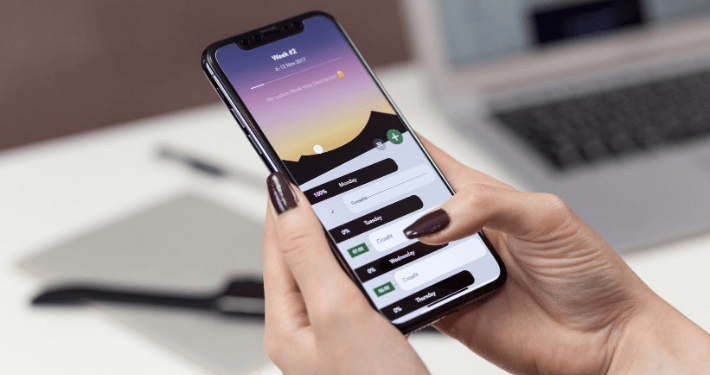Mobile apps have become an essential part of everyday life. Small and big businesses have started developing mobile apps regardless of the industry. Entertainment & gaming apps are popular as they cater to our need for relaxation and socializing with others. Augmented reality apps have made online shopping much easier by showing people what a product will look like in their homes before purchasing it.
Machine Learning
Machine learning is one of the main developments in creating mobile apps. It helps develop apps more quickly, reducing human error and improving user experience. It also predicts patterns to deliver personalized content, automate tasks, streamline customer service, and more. As 5G networks expand globally, they will offer higher speeds and lower latency that improves the performance of apps. It will benefit data-intensive applications like metaverse, augmented reality, and virtual gaming. With 5G, companies may use their cloud phone system to make VoIP or voice-over IP calls. Using VoIP applications.
You may receive a different phone service on your mobile device for little to no cost. You may make calls from your mobile device using a VoIP app instead of wholly relying on a home landline telephone. Your audio is divided into several data packets for mobile VoIP, which are then compressed and sent over the internet to their intended location. Packets are decompressed and converted back into voice files at the receiving end.
Mobile Payment
Mobile apps that enable customers to purchase with their smartphones are on the rise. Because they are practical and simple to use, these mobile commerce (m-commerce) apps are becoming increasingly popular. Another mobile app trend businesses should consider is implementing a digital wallet for their customers. Users will only sometimes need to enter their credit card information to make in-app purchases. The popularity of on-demand service apps is also growing. These apps connect consumers with suppliers/service providers and simplify the process of purchasing or booking an appointment. They are ideal for various business industries, such as food/grocery delivery and video streaming.
Geofencing
Geofence technology lets you send specific messages to a mobile device based on location. It’s commonly used in advertising and marketing to deliver offers, coupons or statements relevant to the user. It’s also used for security purposes, such as locking the car when it leaves the safe zone and reminders, like telling the smart fridge that you are out of milk. The tech can also help crowd management by sending push notifications to guide people through an event, workplace or healthcare facility.
It’s also a popular feature on social media apps for location-based filters and stories, stickers and other sharable content. It’s also useful for analytics, including audience segmentation, personalization, retargeting and online-to-offline attribution. App developers increasingly use the API to enhance their apps with this functionality.
BYOD
In recent years, BYOD has gained momentum as businesses seek to cut costs by allowing employees to use their devices for business purposes. It saves money by eliminating the need to purchase and maintain a fleet of devices. It also helps employees get comfortable using their own devices, boosting productivity. The on-demand service app is another mobile trend that will continue to grow in 2023. These apps allow users to request and pay for delivery, freelancing, beauty, and transportation services. These apps can help businesses reduce operational costs by streamlining customer support. Additionally, they can provide more personalized experiences to users.
Augmented Reality
Mobile AR apps provide a more immersive experience for users by overlaying virtual objects onto the user’s environment. AR has been used for various purposes, such as enhancing entertainment and making on-demand services more convenient for consumers (such as delivery, freelancing, beauty and healthcare). With 5G technology becoming available globally, mobile app developers leverage faster download and upload speeds and lower latency to create more advanced and responsive apps. It will benefit gaming, metaverse apps, IoT, and home automation. In addition, many mobile e-commerce apps incorporate voice assistant features, allowing users to conduct transactions without touching their phones. Read more interesting articles on ebeak



